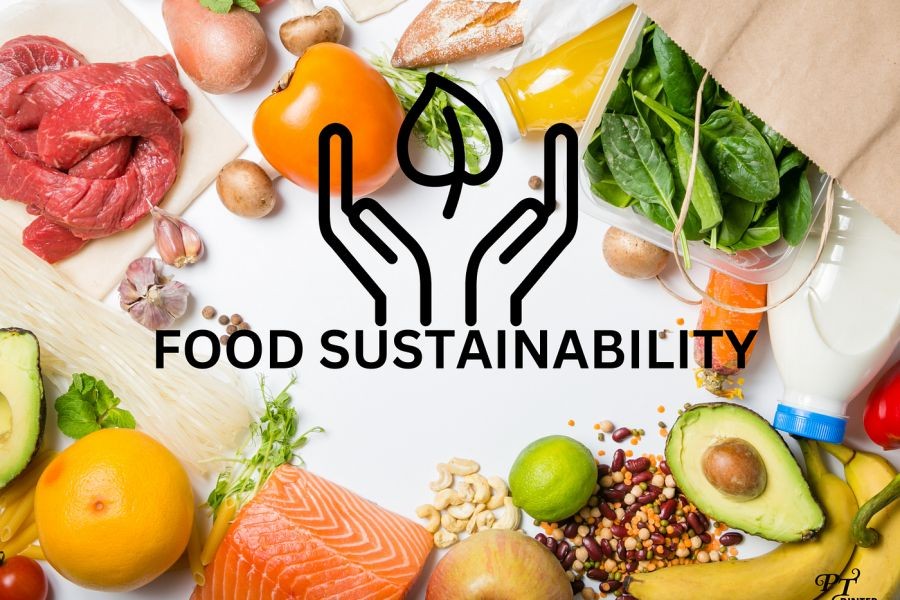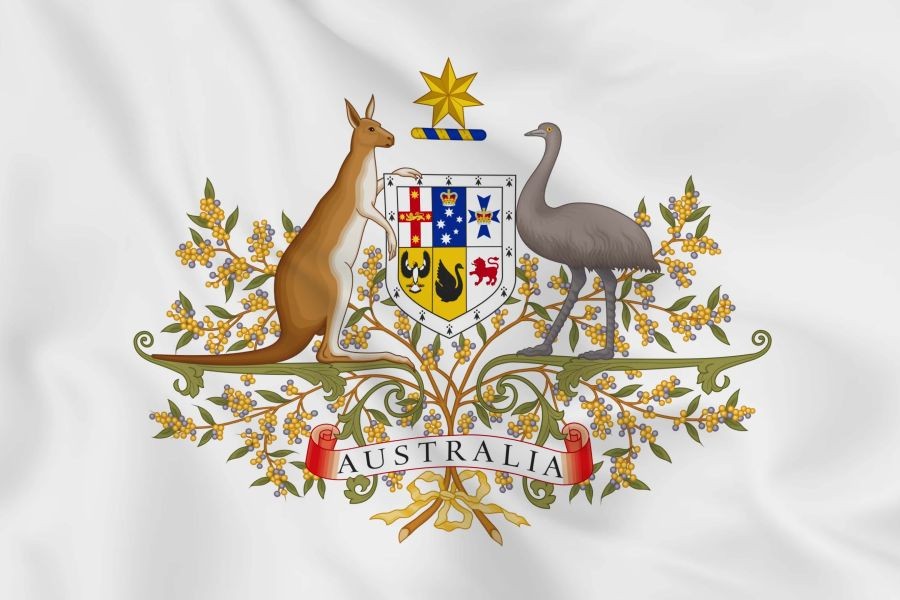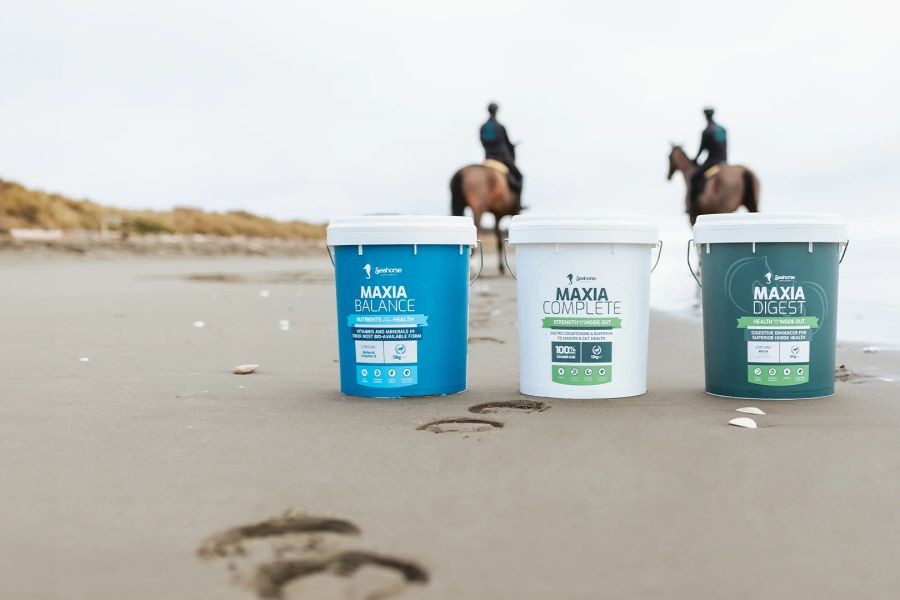New Zealand stands at a pivotal crossroads in the evolution of sustainable food systems, poised to play a significant role on the global stage. The convergence of advanced agricultural practices, robust policy frameworks, and a commitment to environmental stewardship positions New Zealand uniquely in the quest for sustainable food solutions. But what does the future hold for this island nation, and how can New Zealand leverage its strengths to lead in sustainable food systems?
Exploring New Zealand's Agricultural Landscape
New Zealand's agricultural sector is a cornerstone of its economy, contributing significantly to its GDP and employment. According to Stats NZ, agriculture, forestry, and fishing contributed approximately 6.1% to the GDP in 2020. The nation's farmers have long been recognized for their innovation and efficiency, achieving high productivity levels with relatively low inputs. However, as global demand for sustainable food grows, New Zealand faces the challenge of balancing productivity with environmental impact.
Innovative Practices in Sustainable Farming
New Zealand has been at the forefront of adopting sustainable farming practices. For instance, regenerative agriculture is gaining traction. This approach focuses on restoring soil health, improving biodiversity, and enhancing ecosystem services. A report by the Ministry for Primary Industries highlights that regenerative farming can significantly reduce greenhouse gas emissions, a crucial factor as New Zealand strives to meet its Paris Agreement commitments.
Case Study: Zespri's Sustainable Approach
Problem: Zespri, a global leader in kiwifruit marketing, faced challenges related to environmental sustainability and market demand for eco-friendly products.
Action: Zespri implemented a comprehensive sustainability strategy focusing on reducing carbon footprint, improving water efficiency, and enhancing biodiversity. They invested in research and development to optimize farming practices and collaborated with local growers to implement sustainable techniques.
Result: Within three years, Zespri reported a 15% reduction in carbon emissions per tray of kiwifruit. Water efficiency improved by 25%, and biodiversity initiatives increased pollinator populations by 30%.
Takeaway: Zespri's success underscores the importance of integrating sustainability into core business strategies. New Zealand businesses can learn from Zespri's approach by investing in R&D and collaborating with stakeholders to drive sustainable outcomes.
Data-Driven Insights: The Economic Impact
Data from the Reserve Bank of New Zealand suggests that transitioning to sustainable food systems could add NZD 3.2 billion to the economy by 2030. This prediction is based on increasing global demand for sustainable products and New Zealand's ability to supply high-quality, eco-friendly food. However, capitalizing on this opportunity requires overcoming several challenges, such as the initial investment in sustainable infrastructure and the need for skilled labor.
Contrasting Perspectives: The Debate on organic farming
While organic farming is often touted as a sustainable alternative, the debate continues over its scalability and economic viability.
Advocate View: Proponents argue that organic farming reduces chemical inputs and enhances soil health, leading to long-term sustainability. According to the Organic NZ magazine, organic farms in New Zealand have seen a 20% increase in biodiversity and a 15% reduction in greenhouse gases.
Critic View: Critics point out that organic farming yields are often lower than conventional methods, potentially leading to higher food prices. A report by the University of Otago highlights that organic produce can cost up to 30% more than non-organic counterparts, posing a challenge for widespread adoption.
Middle Ground: A hybrid approach that combines organic principles with technological innovations could offer a balanced solution, optimizing yield while maintaining environmental benefits.
Myths and Misconceptions
- Myth: "Sustainable farming is not economically viable." Reality: Numerous studies, including one from Lincoln University, show that sustainable farming can be profitable, particularly when considering long-term environmental savings.
- Myth: "Organic food is always better for the environment." Reality: While organic farming has benefits, it can sometimes lead to higher land use, which may not always be environmentally optimal.
- Myth: "New Zealand is too small to impact global food sustainability." Reality: New Zealand's innovative practices and high-quality products are already influencing global markets, proving that size does not limit impact.
Future Trends & Predictions
According to a 2024 report from the New Zealand Institute of Economic Research, by 2030, 50% of New Zealand's agricultural exports will be certified as sustainable. This shift is predicted to be driven by increasing consumer demand for transparency and traceability in food production. Additionally, advancements in agri-tech, such as precision farming and AI-driven analytics, are expected to enhance productivity while minimizing environmental impact.
Conclusion
New Zealand's role in the future of sustainable food systems is both promising and challenging. By embracing innovation and sustainability, the nation can lead by example on the global stage. As the demand for sustainable food grows, New Zealand's unique strengths in agriculture and commitment to environmental stewardship position it to seize new opportunities and drive meaningful change.
Are you ready to join the conversation on sustainable food systems? Share your thoughts and insights below, and let's work together to shape a sustainable future for New Zealand and the world.
People Also Ask
- How does sustainable food systems impact New Zealand's economy? Sustainable food systems could add NZD 3.2 billion to New Zealand's economy by 2030, driven by global demand for eco-friendly products.
- What are the benefits of regenerative agriculture? Regenerative agriculture improves soil health, enhances biodiversity, and reduces greenhouse gas emissions, contributing to sustainable food production.
- Is organic farming economically viable in New Zealand? While organic farming can be more costly, studies show it can be profitable, especially with long-term environmental savings.
Related Search Queries
- Sustainable agriculture in New Zealand
- New Zealand food sustainability initiatives
- Regenerative farming benefits
- organic farming challenges in New Zealand
- Global impact of New Zealand's agriculture
- Future of food systems in New Zealand
- Economic impact of sustainable farming
- Innovations in New Zealand agriculture
- Agri-tech advancements in New Zealand
- Carbon footprint of New Zealand farming
































La Cave Du Chaignot
10 months ago